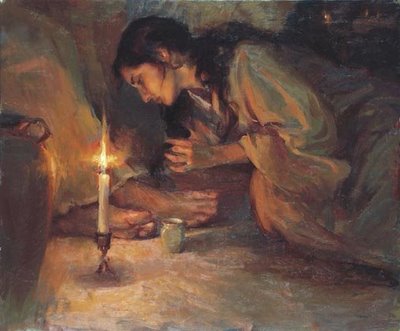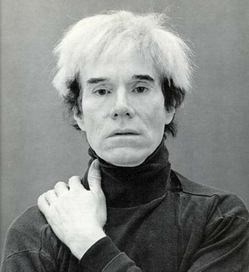
For the past few weeks, the world has watched in frustration, and sorrow, and anger, the disaster that has been unfolding in the Gulf of Mexico.
A couple weeks ago, on my TV show, “Currents,” we interviewed a priest in Louisiana. He’s been working with Catholic Charities on relief efforts in the region. He ministers to fishermen and their families He described people coming into his church for Sunday mass, kneeling to pray, and weeping. They’re now watching their livelihood, and a way of life, being destroyed. A lot of people just don’t know what to do or how all this will end.
And it’s not just the fishermen. Realtors are watching home values drop. The travel industry is being hurt. People are canceling vacations to the region. All the different businesses that depend on those other industries are suffering. Ultimately, hundreds of thousands of people will be impacted by this catastrophe.
Meantime, the company behind it all, BP, is spending tens of millions of dollars in advertising, trying to repair its image. The new ads feature the CEO, Tony Hayward, uttering two words that took a long time to be spoken: “I’m sorry.”
As a song once put it: “Sorry seems to be the hardest word.”
It is that way for so many of us. We don’t want to admit our mistakes, or accept responsibility for what we have done.
Which is why this Sunday’s scriptures are so powerful — and so important.
Here we have two people – one of the most famous kings in all of history, and the other, an anonymous woman who never even utters a word – both owning up to their mistakes.
David is confronted with what he has done wrong, and admits his guilt. “I have sinned against the Lord,” he says.
In the gospel, the sinful woman comes to Jesus, and makes her own sorrow and regret known through her tears.
And both attain forgiveness. Both experience reconciliation.
It is something we in the Catholic church know very well: reconciliation. It is the name for one of our sacraments. And — whether we realize it or not — it is defiantly, proudly countercultural. As the BP catastrophe reminds us, most of us don’t want the world to know out mistakes.
We don’t want to be like David and say, “I have sinned.”
But about 15 minutes ago, we gathered in this church and stood before God and stood before one another and did just that, in a prayer so familiar, we may say it by rote and not even give it a second thought.
But I’d like to ask all of us to give it some thought this morning. Listen to what we say. Carefully.
It starts with two simple words: “I confess.”
“I confess to Almighty God, to you my brothers and sisters, that I have sinned.”
We declare, to all around us in this community of faith, that we have somehow failed. We have done wrong.
And then we accept responsibility.
“Through my own fault. In my thoughts and in my words. In what I have done and in what I have failed to do.”
We have no one to blame but ourselves. With those words, we come before God and declare to the world: we are broken. We have fallen short.
We have sinned.
Significantly, we pray those words of the penitential rite at the very beginning of mass. Nothing else can happen until we have accepted responsibility for our actions.
David did it with words. The woman at Jesus’ feet did it with her tears. We do it here with this prayer at the start of mass. We do it, as well, when we step into the confessional. Remember the first words of that sacrament. They aren’t spoken by the priest, but by us. Because we are the ones who have to make the first move.
“Bless me father. For I have sinned.”
“I have sinned.” The words that David spoke thousands of years ago become, today, our own entryway to God’s forgiveness and grace. With that, we are able to begin anew. God offers us another chance.
And for evidence, look no further than the conclusion of this Sunday’s gospel.
When I was growing up, my mother used to say: “You are who you walk with.”
Well, look at who Jesus is walking with at the end of this passage: his disciples – plus, as the gospel puts it, “some women who had been cured of evil spirits and infirmities.” In other words, those whose sins had been forgiven. It doesn’t say it explicitly, but one of those people may well have been the woman who bathed his feet with her tears. Some have concluded that the unnamed woman was Mary Magdalene – but the gospel doesn’t really say.
The point is: Jesus journeys forward with those whom he has healed.
He walks with those who have been made whole, and made new.
As we gather around this table to share in the Eucharist…let us remember that, and remind ourselves of the words that began this mass, and that bring us in communion with Christ. “I confess…that I have sinned.” That is where the healing begins.
“You are who you walk with,” my mother said. The good news this Sunday morning is that Jesus walks with us. In our weakness, in our struggles, in our desire to be reconciled with God. No matter what we have done, what mistakes we have made, what sins we have committed.
When we confront them, and pray for forgiveness and walk out into the world…we do not walk alone.

